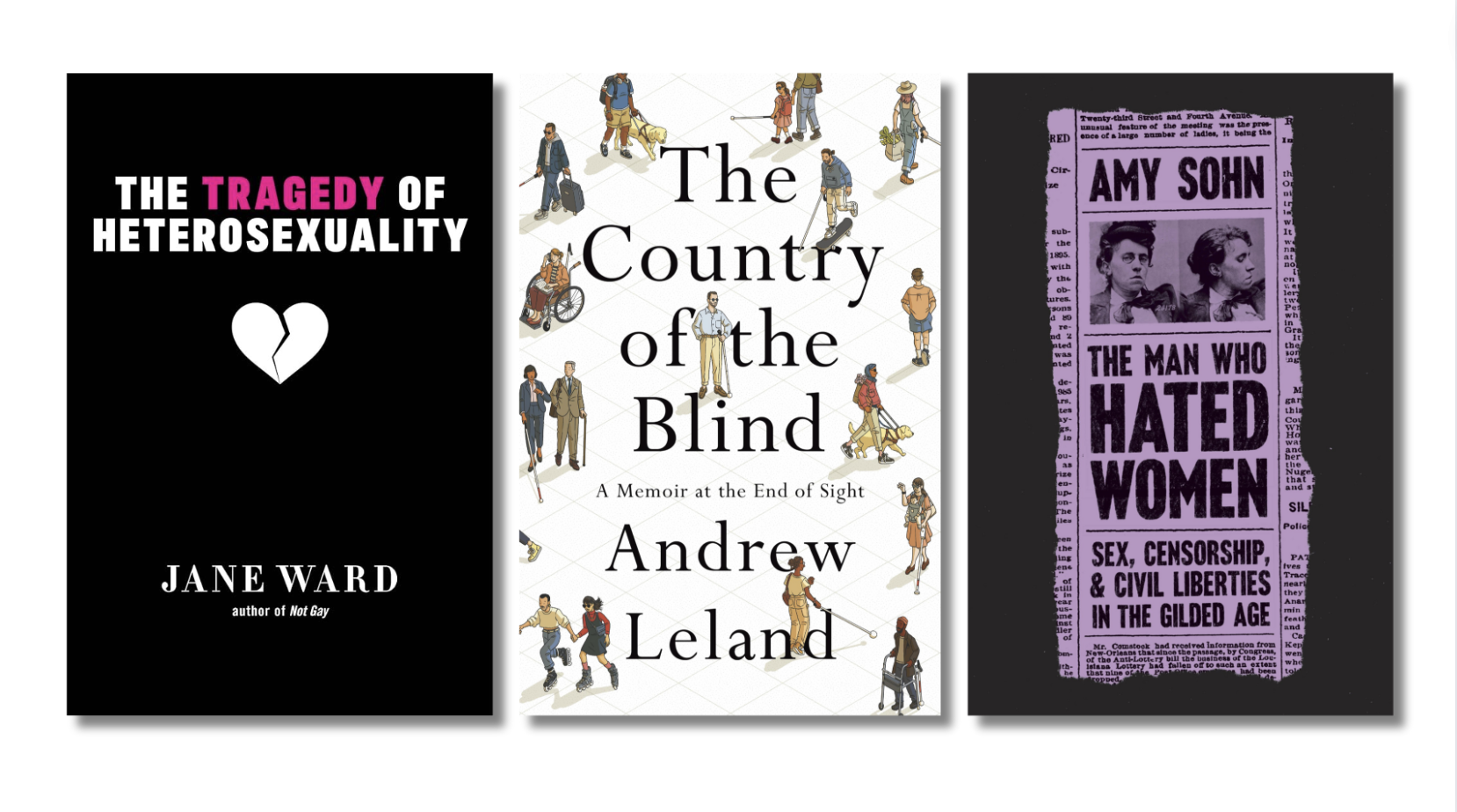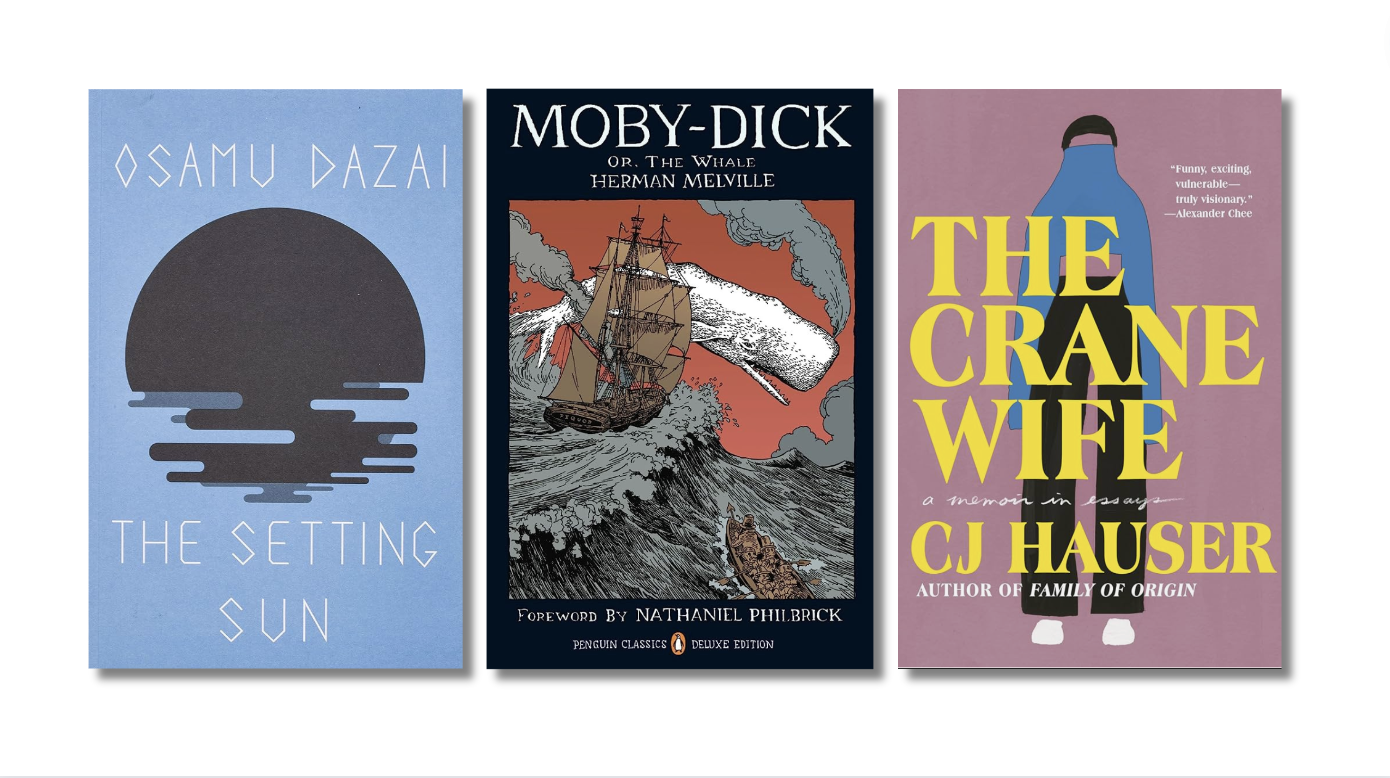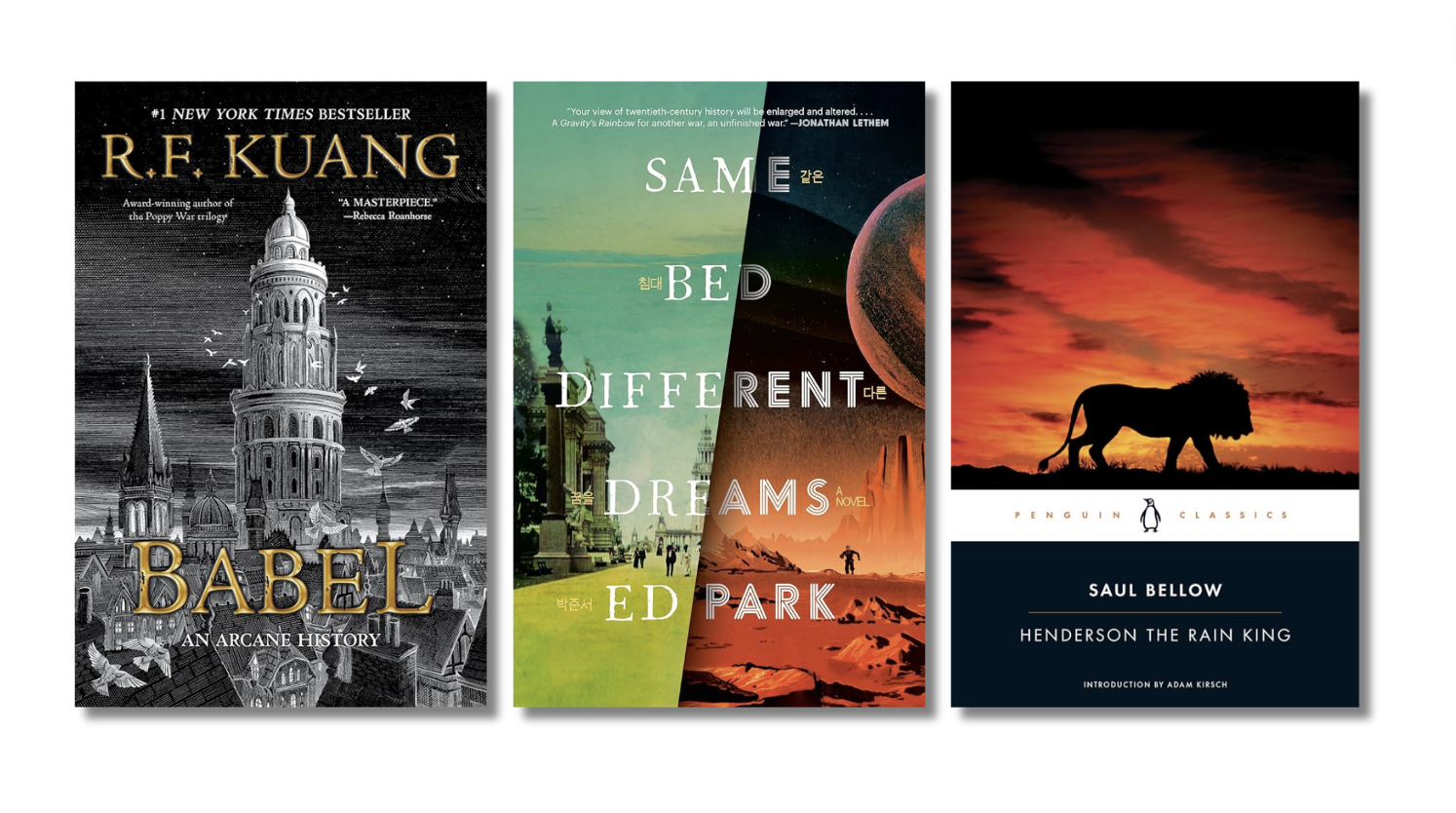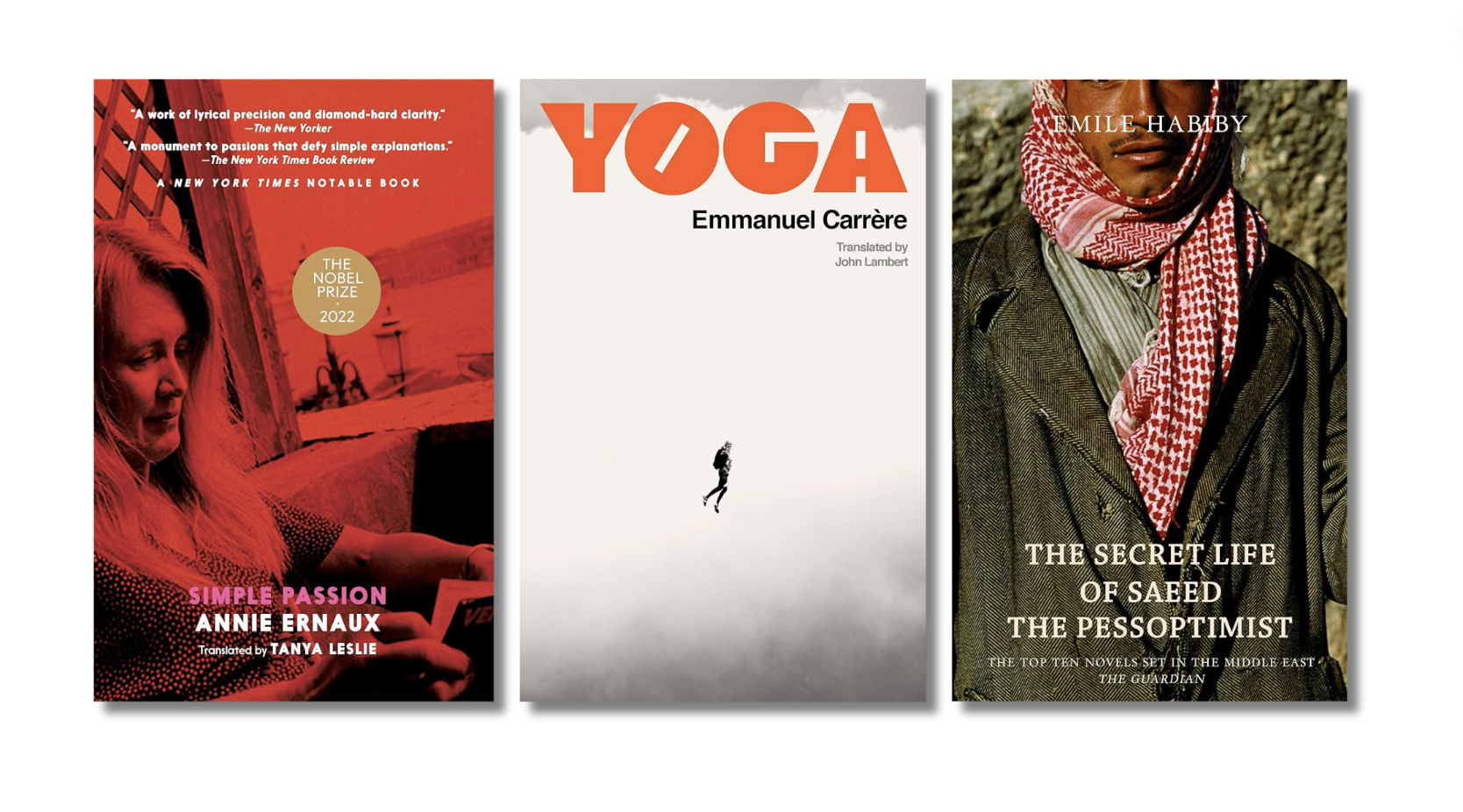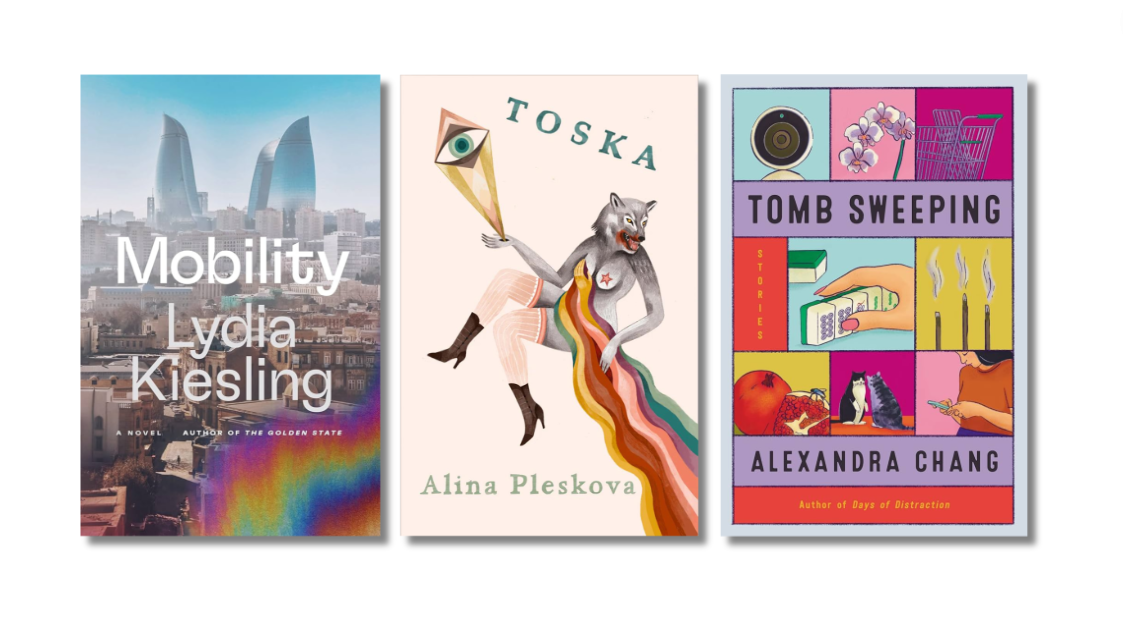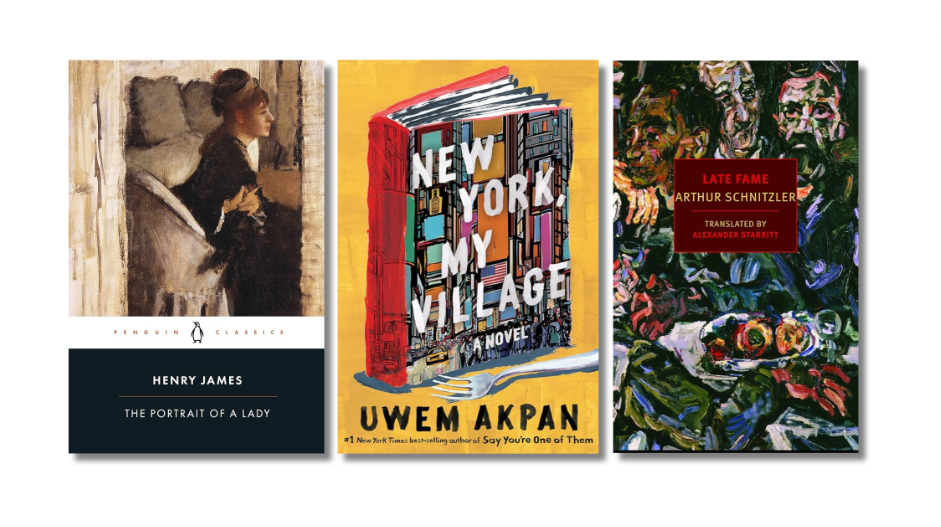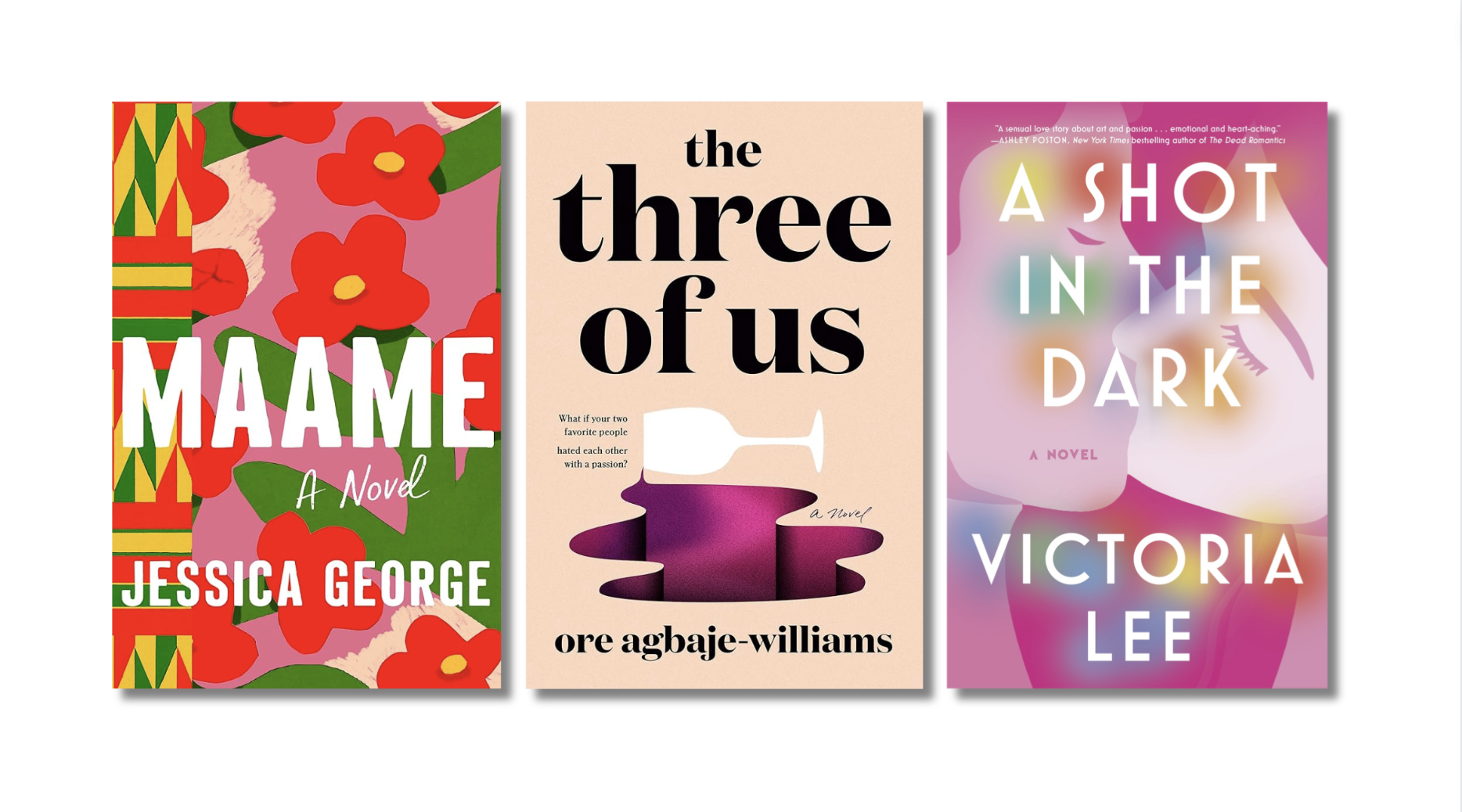The day after the Brexit referendum, British writer Bim Adewunmi wrote a beautiful piece in Buzzfeed about her pain, her frustration, and her fear. It took in the scope of British history — “Am I being dramatic? This feels like a dramatic moment” — and her upbringing in East London; the child of Nigerian immigrants, Adewunmi wrote that the result confirmed things she had long suspected about her home country. The line that stuck with me, that day and all the other days of 2016 that followed, was, “Can you be unsurprised but still quite shocked at the same time?”
Shocked but not surprised. This is the 2016 that I’ve struggled to reconcile with. In my reading life, it wasn’t a year of discovery; it was a long, protracted struggle to find clarity in things I knew — or things I thought I knew. As an American recently booted out of England by the Home Office, the consecutive earthquakes of Brexit and Donald Trump are invariably my two pillars of this garbage fire of a year. But even the smaller points in my life needed reorientation. Sometimes books show me new worlds; this year, I needed books to expose parts of the worlds I already knew.
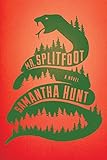 It started with Mr. Splitfoot by Samantha Hunt, which I finished in the earliest, bleakest days of the year. I am from a place that gets extra bleak in January, and Hunt’s novel is set near my hometown, across the broad stretch of New York state from Albany to Buffalo. Mr. Splitfoot, partly about a foster child raised in an abusive, fundamentalist family, is exquisite, both literally and physically haunting, and it tapped into my long-held fascination with the “burned-over district,” that broad stretch of central and western New York that saw wave after wave of religious fervor in the 19th century. As I read it, I thought about those endless drives to see my family in Buffalo growing up, vast stretches of flat brown land, ripe for true belief.
It started with Mr. Splitfoot by Samantha Hunt, which I finished in the earliest, bleakest days of the year. I am from a place that gets extra bleak in January, and Hunt’s novel is set near my hometown, across the broad stretch of New York state from Albany to Buffalo. Mr. Splitfoot, partly about a foster child raised in an abusive, fundamentalist family, is exquisite, both literally and physically haunting, and it tapped into my long-held fascination with the “burned-over district,” that broad stretch of central and western New York that saw wave after wave of religious fervor in the 19th century. As I read it, I thought about those endless drives to see my family in Buffalo growing up, vast stretches of flat brown land, ripe for true belief.
In the spring, I read Hanya Yanagihara’s A Little Life, a book that was incredibly meaningful to me, but one I know has been fairly controversial in the past few years, so I won’t discuss it at length here. (I’m a bit gun-shy after last year’s YiR, when I dove into a list of books I loved and a man asked why I hadn’t read any Thomas Hardy.) If you’ve read it, you’ll be unsurprised to know it left me regularly weeping on the R train — luckily the best possible train for weeping. I was knocked off my axis, but I found my bearings again not in any published novels, but in fanfiction, my oldest and most well-documented love.
I haven’t read much fic the past few years, despite building a career writing about it, but I fell back in over the final weeks of 2015, and this big, complicated, highly emotional book pushed me deeper into fanfiction, a realm where emotionality — affect, scholars call it — is king. I’ve long held a rule that I won’t recommend fic in the context of being a literary critic — one could argue it violates the contract between largely amateur writers and the assumed audience — but that’s a shame, because I read stories this year, many of them novel-length, that were as good as anything I encountered that was traditionally published. (I said something similar in a previous YiR, but I’m doubling down, because some of the stuff I found this year was extraordinary.) If you’re curious, there’s my fanfiction newsletter, co-authored with Gavia Baker-Whitelaw. It was born in January 2016, and it remains one of the small and steady joys of the year.
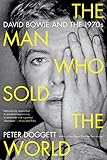
 I spent the first few months of the year listening to various David Bowie albums on repeat, a response to his death that was part maudlin, part joyful, part “when I start listening to a certain album I just play it over and over again for longer than is probably healthy.” If everyone had a celebrity death that hit them hardest this year, this was mine. Even within the legions of Bowie-ites, the stuff people wallowed in served as an interesting Rorschach to see where or how they came to David Bowie, or which of his many personas spoke to them. I lingered with Ziggy, and in the final days of spring, I purchased a pair of books to try to get a little context. The first was the one I intended to buy after a bit of research, The Man Who Sold the World by Peter Doggett. The second was the one I stumbled upon, Ziggyology: A Brief History of Ziggy Stardust by Simon Goddard. The former was grounding, but the latter shot me off into the stars.
I spent the first few months of the year listening to various David Bowie albums on repeat, a response to his death that was part maudlin, part joyful, part “when I start listening to a certain album I just play it over and over again for longer than is probably healthy.” If everyone had a celebrity death that hit them hardest this year, this was mine. Even within the legions of Bowie-ites, the stuff people wallowed in served as an interesting Rorschach to see where or how they came to David Bowie, or which of his many personas spoke to them. I lingered with Ziggy, and in the final days of spring, I purchased a pair of books to try to get a little context. The first was the one I intended to buy after a bit of research, The Man Who Sold the World by Peter Doggett. The second was the one I stumbled upon, Ziggyology: A Brief History of Ziggy Stardust by Simon Goddard. The former was grounding, but the latter shot me off into the stars.
 But in late June, earthquake number one. I haven’t written much about Brexit, even though as someone who was stymied by Britain’s increasingly hostile immigration policies — and as someone who spent college studying British imperial history — I, unsurprisingly, have fairly strong feelings about what went down. (Though it’s always worth mentioning that while I was a foreigner living in the United Kingdom, I was a white, well-educated American; I didn’t face the discrimination most foreigners battle in the country.) To process the results, I found comfort in looking backwards rather than trying to wrap my head around an extraordinarily uncertain future. I spent the summer steadily working my way through When the Lights Went Out: Britain in the Seventies by Andy Beckett, and I watched Britain join the EEC — and all the conflict that surrounded the move — to try to understand its departure.
But in late June, earthquake number one. I haven’t written much about Brexit, even though as someone who was stymied by Britain’s increasingly hostile immigration policies — and as someone who spent college studying British imperial history — I, unsurprisingly, have fairly strong feelings about what went down. (Though it’s always worth mentioning that while I was a foreigner living in the United Kingdom, I was a white, well-educated American; I didn’t face the discrimination most foreigners battle in the country.) To process the results, I found comfort in looking backwards rather than trying to wrap my head around an extraordinarily uncertain future. I spent the summer steadily working my way through When the Lights Went Out: Britain in the Seventies by Andy Beckett, and I watched Britain join the EEC — and all the conflict that surrounded the move — to try to understand its departure.
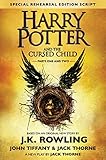
 In August I got a concussion; all reading was put on hold save slogging through Harry Potter and the Cursed Child, which I had some…strong feelings about. But by September, it was impossible to think about anything other than November 8th. I envied friends who could compartmentalize, who weren’t consumed by the uncertainty hanging over us. I campaigned for Hillary Clinton within my own sphere — reaching out to millennials in fannish spaces, trying to push past the apathy and disillusionment. (Yeah, I’ve seen the numbers, definitely feels like we failed on this front.) And in the final days before the election, I picked up Chimamanda Ngozi Adichie’s Americanah, one of a long list of extraordinary books I really should have read by now. I read it on the train on my way to the Javits Center on election day, where I would wait with a few friends for hours, amongst a vast, diverse crowd of nervous but hopeful people. And then.
In August I got a concussion; all reading was put on hold save slogging through Harry Potter and the Cursed Child, which I had some…strong feelings about. But by September, it was impossible to think about anything other than November 8th. I envied friends who could compartmentalize, who weren’t consumed by the uncertainty hanging over us. I campaigned for Hillary Clinton within my own sphere — reaching out to millennials in fannish spaces, trying to push past the apathy and disillusionment. (Yeah, I’ve seen the numbers, definitely feels like we failed on this front.) And in the final days before the election, I picked up Chimamanda Ngozi Adichie’s Americanah, one of a long list of extraordinary books I really should have read by now. I read it on the train on my way to the Javits Center on election day, where I would wait with a few friends for hours, amongst a vast, diverse crowd of nervous but hopeful people. And then.
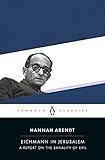 I am still envious of those compartmentalizing friends, of the people who take comfort in fictional worlds during times of strife. Books have never helped to distract me; in the darkest moments of my life, they are absent. The trouble with using reading to help focus on the things we’re seeing around us is we have to keep looking, eyes wide open, and it’s a brutal task as every day unveils fresh horrors. In the weeks after the election, multiple people in my feed were posting passages of Hannah Arendt, so I looked back to a little cluster of books on the very top shelf in my apartment, stuff from school I thought I might revisit some day. My freshman year of college, I took a very liberal artsy course called “Evil,” which straddled philosophy and political science. We spent about a week talking about how the image of the devil changed over the centuries, and I remember I did my final paper on the dearth of female serial killers, but the bulk of the course was about the Second World War — not about the Nazis, but about the German people. Up on my top shelf, I realized I’d kept most of the syllabus. Friedrich Nietzsche, W.G. Sebald, Arendt.
I am still envious of those compartmentalizing friends, of the people who take comfort in fictional worlds during times of strife. Books have never helped to distract me; in the darkest moments of my life, they are absent. The trouble with using reading to help focus on the things we’re seeing around us is we have to keep looking, eyes wide open, and it’s a brutal task as every day unveils fresh horrors. In the weeks after the election, multiple people in my feed were posting passages of Hannah Arendt, so I looked back to a little cluster of books on the very top shelf in my apartment, stuff from school I thought I might revisit some day. My freshman year of college, I took a very liberal artsy course called “Evil,” which straddled philosophy and political science. We spent about a week talking about how the image of the devil changed over the centuries, and I remember I did my final paper on the dearth of female serial killers, but the bulk of the course was about the Second World War — not about the Nazis, but about the German people. Up on my top shelf, I realized I’d kept most of the syllabus. Friedrich Nietzsche, W.G. Sebald, Arendt.
I’m desperate to understand, as I have been all year. That desperation is obviously about control, feeling like you’ve lost something that, in all honesty, you probably never even had. I’m trying to keep a hold on a world that feels like it’s made up of a mass of delicate threads, this close to snapping. So that’s me, reading Eichmann in Jerusalem on the subway in the days following the election of Donald Trump. In the dark corners of the R train, I’m not weeping anymore. People look up at my book and do a double-take. It feels hyperbolic, but like, maybe not? And also, it helps.
More from A Year in Reading 2016
Don’t miss: A Year in Reading 2015, 2014, 2013, 2012, 2011, 2010, 2009, 2008, 2007, 2006, 2005






